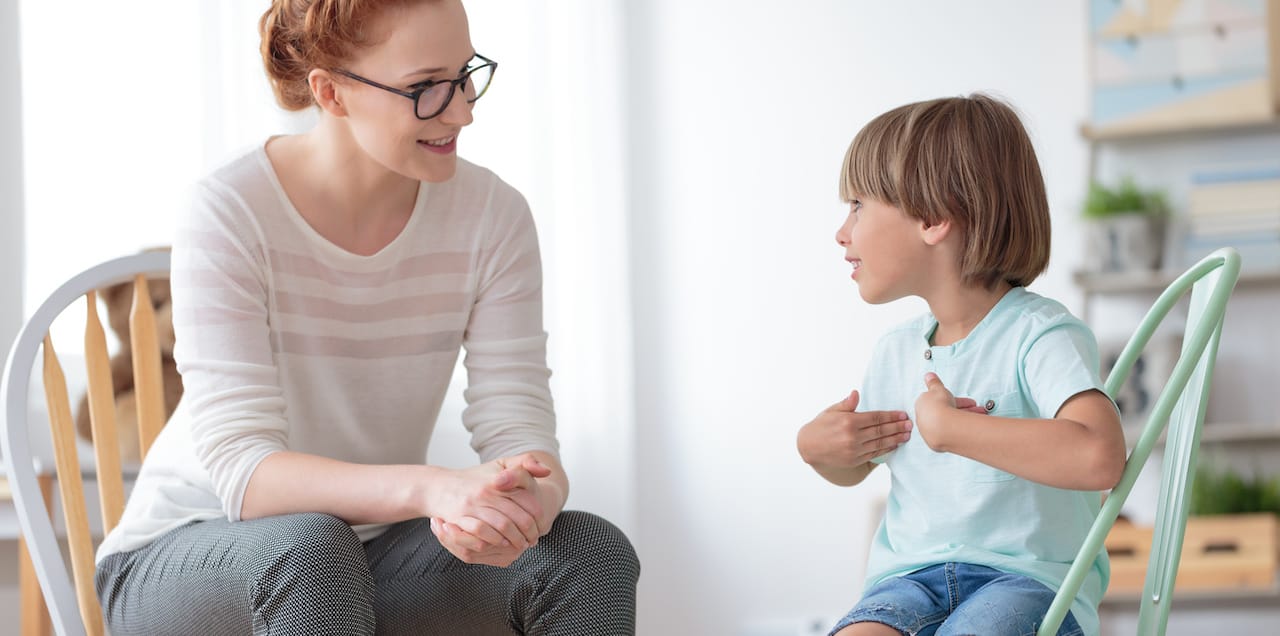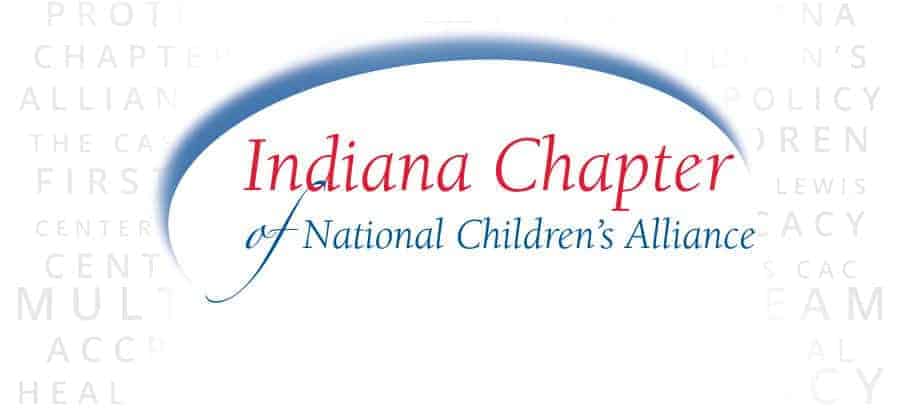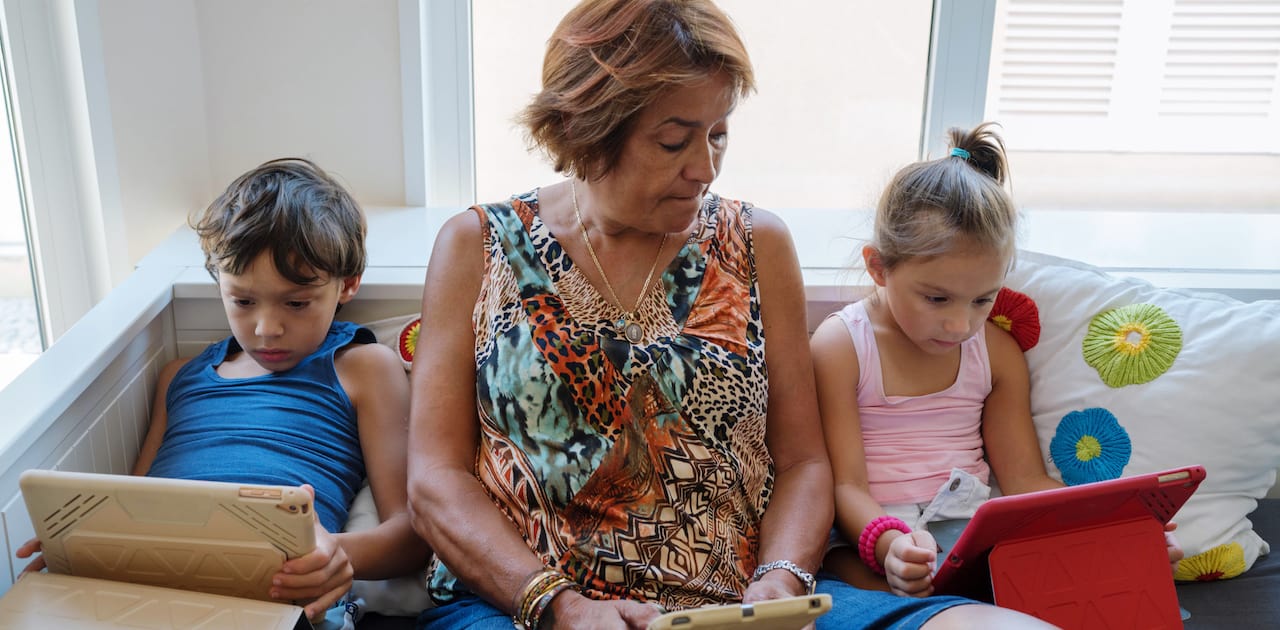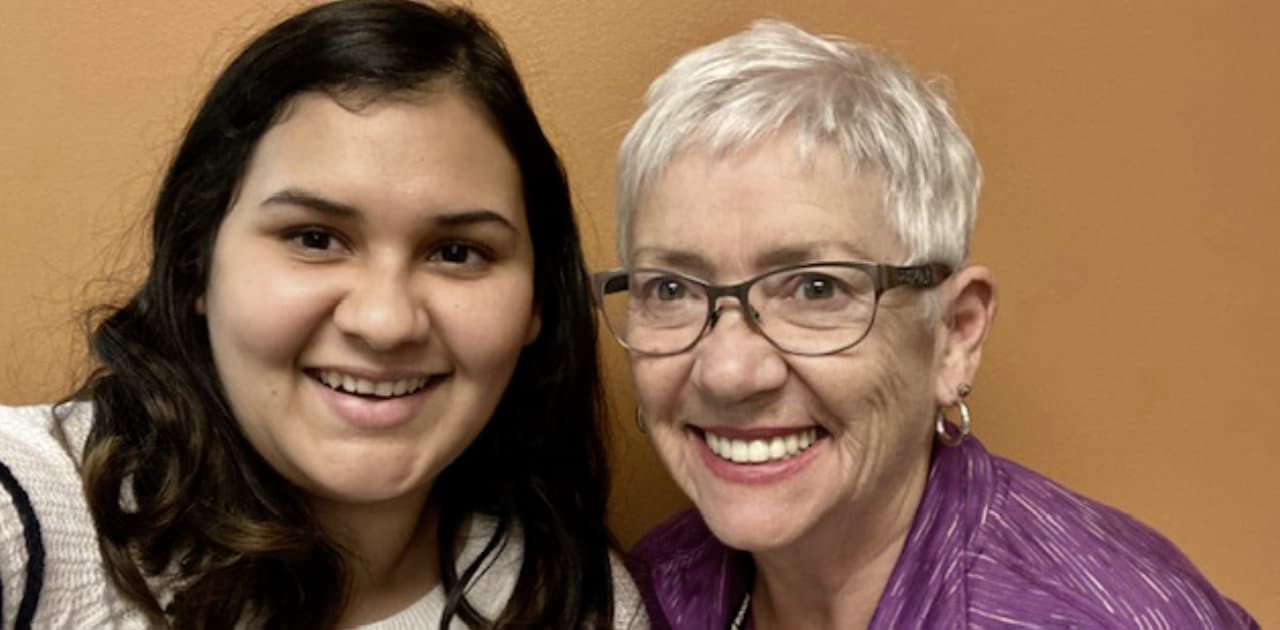Is emotional abuse as bad as physical and sexual abuse? Yes, and in many ways, it’s worse.
All abuse is inherently emotionally abusive. When you hit a child or person, there is no doubt they suffer mentally. Emotional abuse is just as damaging and severe to a person’s well-being as physical and sexual abuse. To be clear, “emotional” abuse is often used interchangeably with “mental” abuse, but there is a distinction. Emotional … Read more









